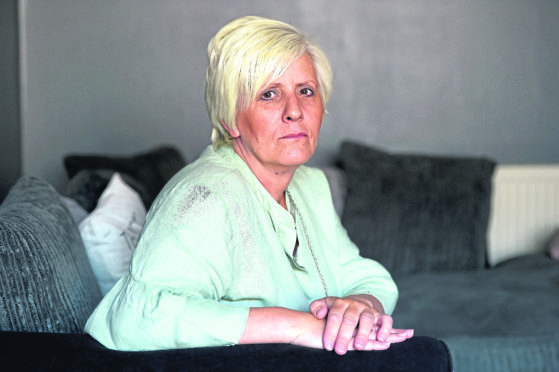Highland Council’s decision to target children with Additional Support Needs (ASN) as part of budget savings has been met with fresh fury after it emerged the north has a massively above-average rate of diagnosed pupils.
The council has to find ways to plug a £27.9 million funding gap next financial year and £32.4 million over the following two years.
ASN is one of the biggest areas earmarked for savings, with £2.8 million of cuts announced over the next three years.
But officials have now confirmed the percentage of the region’s primary pupils identified as ASN is 37.2% – compared with a national average of 23.5%.
>> Keep up to date with the latest news with The P&J newsletter
In secondary, the percentage of pupils with ASN is even higher, at 40.6%, compared with the national average of 29.9%.
Culloden mum Sylvia Mackenzie struggled for years to have her son diagnosed with autism.
She said: “My child left school at 15 and wasn’t educated by the Highland Council at all.
“The cuts are going to have a horrifying impact on children who are struggling being in a mainstream school as it is.
“Normal children have their learning disrupted because teachers can’t handle when a child kicks off and the whole classroom goes into lockdown.
“My daughter, who doesn’t have special needs, has been traumatised by this going on around her.”
Another mum, who asked not to be identified, said that her P1 child has autism and epilepsy.
She said: “There have been failings with my child with the Pupil Support Assistants (PSAs) because they don’t have enough training or support.
“The ASN cuts are a disgrace and those at the council should hang their heads in shame.
“The education system at the moment is failing children and the cuts are going to make it worse.”
Dr James Vance, the council’s interim head of education said pupils with the highest level of ASN would continue to be supported.
He said: “We need to closely examine our model and practices.
“We recognise that there is over-allocation in some areas in Highland and this is unsustainable and not achieving corresponding levels of attainment.
“Pupils with lower levels of identified needs will usually be appropriately supported within the classroom by the class teacher.”
Dr Vance said the proposed cuts were being phased in over three years to allow sufficient time to make the necessary changes and teachers and PSAs would be supported throughout.
He said: “We will also be bringing in external expert advice to help us deliver a more sustainable model which we are confident will lead to greater levels of attainment in Highland schools.
“There will be no reduction in the quality of support given to our pupils with significant and complex support needs.”
Dr Vance gave a message to those who had contacted the P&J with information but requested anonymity out of fear for their jobs or children’s wellbeing in school.
He said: “I am concerned by the suggestion that there is a culture of fear.
“I have found our staff to be open, candid and keen to bring improvements to the system.
“Through none of my discussions or the variety of approaches to consultation that we have engaged, do I recognise any culture of fear.
“Teachers work within GTCS Standards and there is a Code of Professionalism and Conduct which offers protection and guidance about how to raise concerns should they arise.”
